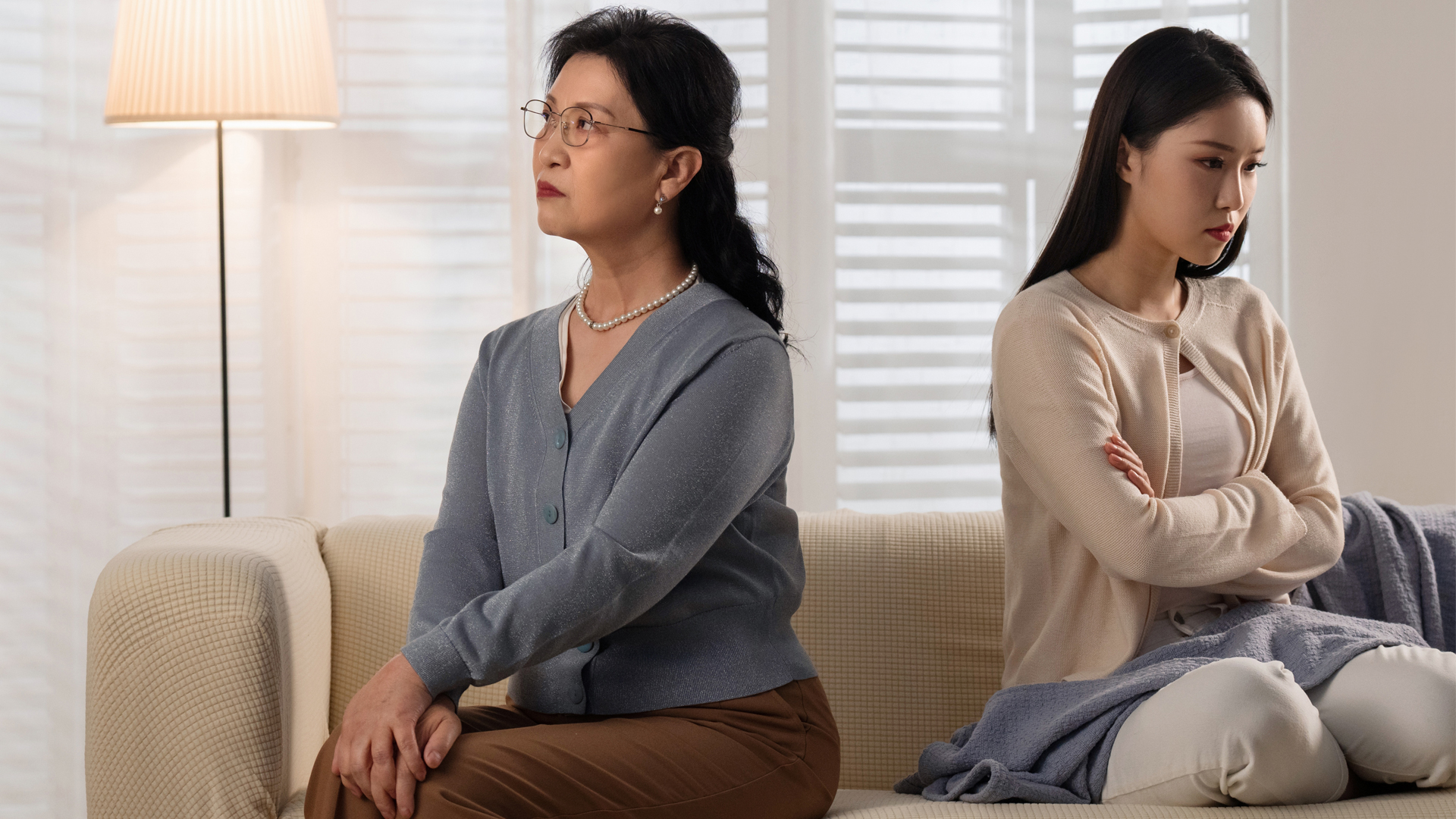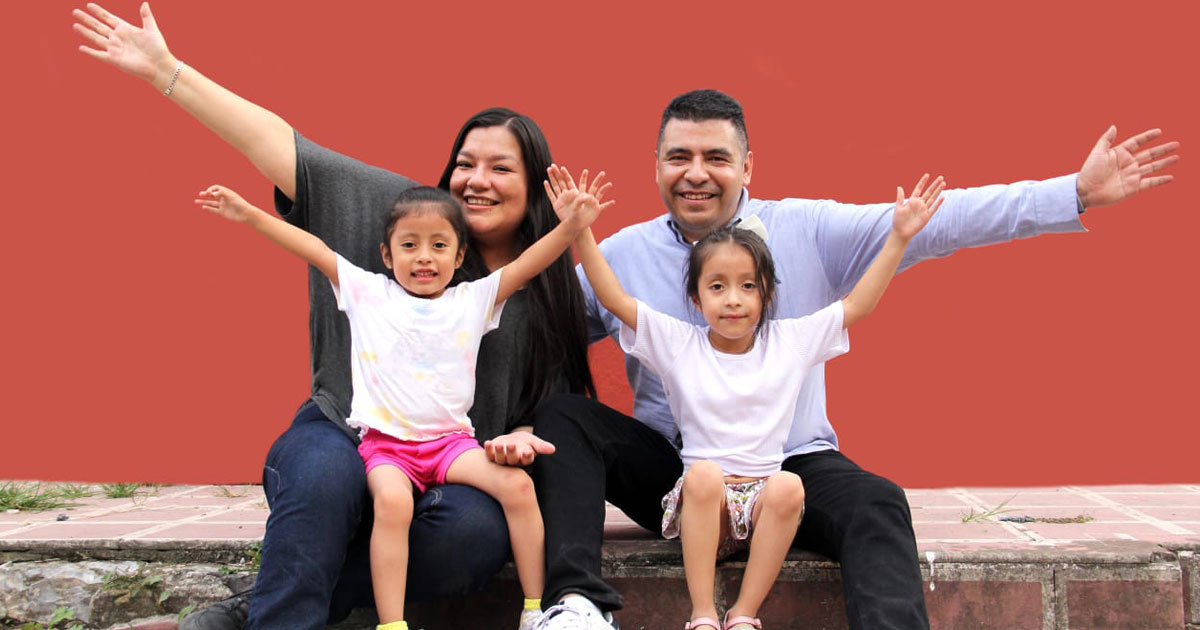By Ms Gloria James | Celeste Ng Yuen Yee
When family ties and property rights collide, the law may be called upon to draw a line. A recent High Court case in Singapore sheds light on a question many families may quietly wonder about but rarely confront in court: Can a parent evict their adult child from the family home? The court’s answer is a clear “yes“—under specific legal conditions.
This blog unpacks the key issues from the case and what they mean for adult children living in their parents’ property, especially when disagreements arise. While emotionally difficult, the legal principles involved revolve around property law, intention, and fairness—rather than family obligation or love.
The Case at a Glance
The dispute centred on a 62-year-old daughter who sued her elderly mother after being evicted from an apartment owned by a family-controlled company. The daughter claimed she had a right to remain in the apartment based on representations made by her parents, and the fact that she had lived there for decades, helped manage the property, and cared for her parents.
However, the court ultimately dismissed all her claims. It found that her presence in the apartment was not based on any enforceable legal right but on her parents’ goodwill. This case illustrates the legal hurdles adult children must overcome to assert any entitlement to stay in a family home indefinitely.
For further insights, tune in to the CNA interview featuring Ms Gloria James-Civetta.What Did the Daughter Claim?
The daughter advanced several legal arguments to support her right to stay:
- Proprietary Estoppel: She claimed there was an understanding or promise made by her parents that she could stay in the apartment, and that she relied on this to her detriment.
- Contractual Licence: She argued that her caregiving and management of the apartment served as consideration for a binding right to live there rent-free.
- Bare Licence with Inadequate Notice: She said even if her stay was based on a bare licence, she was not given reasonable notice to vacate.
- Beneficial Ownership of Company Shares: She also claimed that her shareholding interest in the family company gave her a right to live in the apartment.
What Did the Court Say?
The court ruled that the daughter failed to establish a legal right to remain in the apartment. It accepted the mother’s account that she had asked her daughter to leave both orally and in writing prior to the eviction.
Here are some of the court’s key findings:
- No Enforceable Promise: The daughter could not prove that any promise or representation was made to her that would create a legal right to stay.
- No Detrimental Reliance: Her caregiving was seen as motivated by filial piety, not in reliance on a legal entitlement.
- No Intention to Create Legal Relations: In domestic settings, especially parent-child relationships, there is a strong presumption that arrangements are not legally binding unless clearly stated otherwise.
- Bare Licence Was Revoked: Even if she had a bare licence, the court found that it was properly terminated with notice.
- No Grounds for Conspiracy or Dishonest Assistance: The court rejected claims that others in the family conspired to remove her.
Legal Insights: What Is a Bare Licence?
A bare licence is a simple permission to occupy a property, usually out of goodwill. It gives the licensee (in this case, the daughter) protection against trespass claims but can typically be revoked with reasonable notice.
In this case, letters asking the daughter to vacate were sufficient to terminate the licence. Since she didn’t plead or provide evidence to quantify damages for late notice, she could not be compensated.
Why Contractual or Equitable Rights Were Rejected
In parent-child relationships, Singapore courts are reluctant to infer contractual obligations unless the intention to form legal relations is clearly established. Acts of kindness or caregiving do not automatically translate into enforceable contracts.
Similarly, to prove proprietary estoppel or an equitable licence, one must show:- A clear promise or representation,
- Reliance on that promise,
- Detriment suffered as a result, and
- That it would be unconscionable to deny the right.
What Happens if a Parent Lacks Mental Capacity?
If an elderly parent is not of sound mind, they cannot independently decide to evict someone. Instead:
- A Donee under a Lasting Power of Attorney (LPA) or
- A court-appointed Deputy
These decisions must follow the Mental Capacity Act, which requires actions to be in the best interests of the parent. This includes taking into account their past wishes, beliefs, and values.
In this case, the father lacked capacity and had granted an LPA to his son. The daughter’s application to become a Deputy was resisted and withdrawn. However, the eviction was not carried out by the father—it was done by other directors of the family company, including the mother. The daughter’s own admissions, lack of documentation, and inconsistencies undermined this claim.
Is It Fair to Ask an Adult Child to Pay Rent?
Legally, fairness is not the same as entitlement. The court does not decide what is morally fair—it decides what is legally justified.
In this case, the daughter had:
- Lived rent-free for 27 years,
- Received an allowance and salary from the family company,
- Benefitted from a US$5 million trust.
The court held that this was a “highly favourable arrangement” and a generous indulgence by the parents—not something she had a legal right to demand continue indefinitely.
A Cautionary Tale for Family Property Disputes
Family disputes over property are not uncommon. Media reports suggest that about 10 families in Singapore litigate over properties each year. This case illustrates the personal, financial, and emotional cost of taking family matters to court—especially when relationships are already strained.
When Is Litigation the Wrong Approach?
This case highlights the limitations of litigation in resolving family disputes. Although lawyers attempted to negotiate a settlement, the case still proceeded to trial and was ultimately dismissed.
When emotional ties and legal rights are intertwined, non-litigious approaches such as mediation or family conferencing may offer more meaningful outcomes.
Conclusion
The law recognises a parent’s right to decide who lives in their property—even when it involves asking their own adult child to leave. Unless there’s clear evidence of a legally binding promise, adult children typically do not have an automatic right to stay rent-free in a parent’s home.
In Singapore, such arrangements are generally viewed as acts of goodwill, not enforceable contracts. This case serves as a reminder of the legal and relational risks involved when family expectations and property ownership collide.













